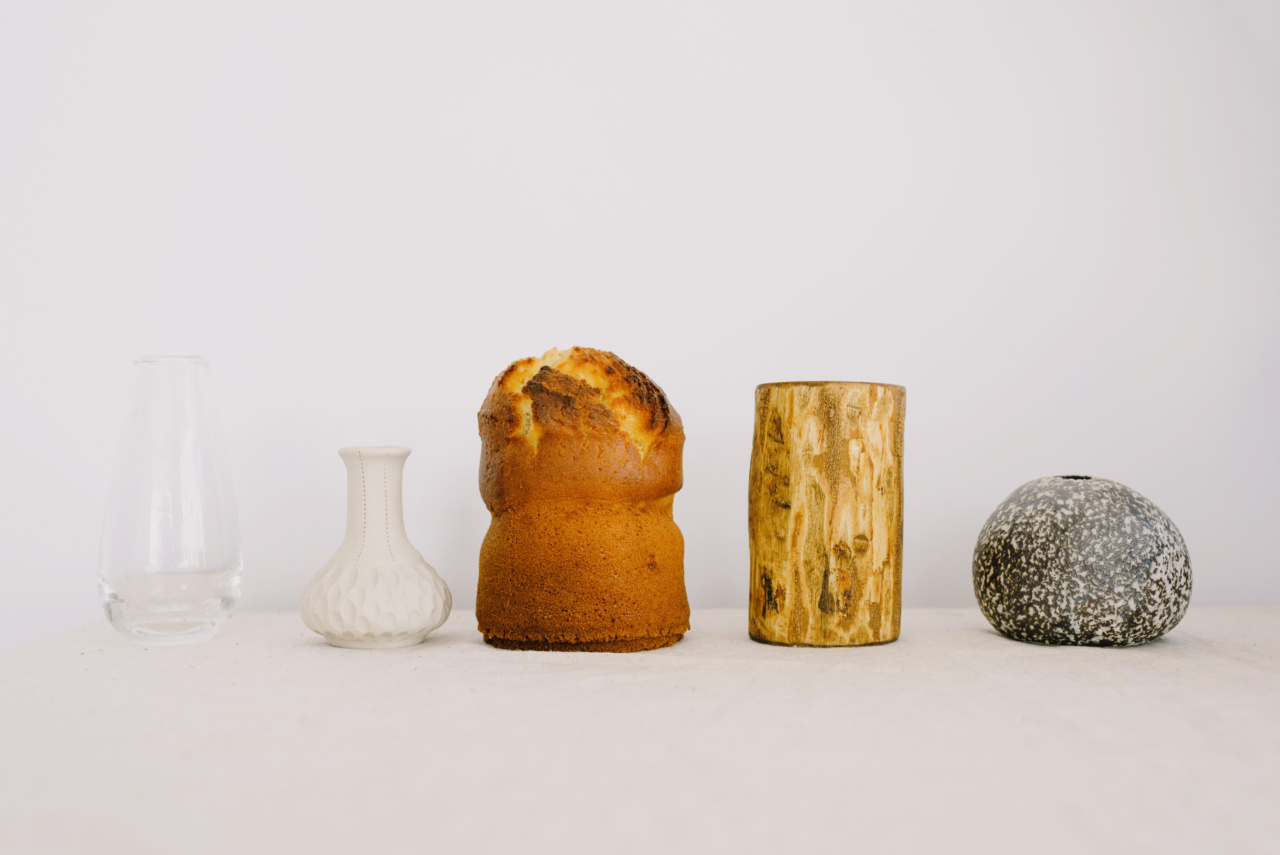The festive season is a time of joy, celebration, and indulgence. It’s also a time when the risk of developing kidney stones increases due to various factors such as dietary changes, dehydration, and stress.
However, with a few simple lifestyle modifications, you can enjoy the festivities while keeping kidney stones at bay. Here are ten tips to help you stay kidney stone-free this holiday season:.
1. Stay Hydrated
Drinking an adequate amount of water is crucial for preventing kidney stones. Dehydration can increase the concentration of minerals in your urine, making it easier for kidney stones to form. Aim to drink at least 8 glasses (64 ounces) of water per day.
If you consume alcohol or caffeinated beverages, make sure to drink additional water to compensate for their diuretic effects.
2. Avoid Excessive Sodium
Processed foods, snacks, and holiday treats tend to be high in sodium. A high-sodium diet can contribute to the formation of kidney stones by increasing the amount of calcium in your urine.
Opt for fresh, whole foods, and try to limit your sodium intake to less than 2,300 mg per day.
3. Limit Oxalate-Rich Foods
Oxalate is a naturally occurring substance found in many foods. When oxalate combines with calcium in your urine, it can form kidney stones.
While it’s not necessary to avoid oxalate-rich foods altogether, limiting their intake can help reduce the risk of stone formation. Some common high-oxalate foods include spinach, rhubarb, beets, nuts, and chocolate.
4. Moderation is Key
The festive season often brings an abundance of rich, indulgent foods. While it’s okay to enjoy these treats in moderation, it’s essential to practice portion control.
Overeating can lead to weight gain and increase your risk of developing kidney stones. Be mindful of your portion sizes and try to create a balance between healthier options and occasional indulgences.
5. Maintain a Healthy Weight
Obesity is a risk factor for kidney stones. Excess body weight can increase urinary calcium and oxalate levels, promoting stone formation. Focus on maintaining a healthy weight through regular exercise and a balanced diet.
Engage in physical activity for at least 30 minutes most days of the week and consult a healthcare professional for personalized dietary recommendations.
6. Opt for Low-Sugar Drinks
Sugary beverages, such as sodas and sweetened fruit juices, can elevate the risk of kidney stone formation. These drinks are often high in fructose, which can increase urinary excretion of calcium, oxalate, and uric acid.
Choose alternatives like water infused with lemon or lime slices, herbal teas, or naturally flavored sparkling water to satisfy your thirst.
7. Mind Your Protein Intake
A high-protein diet, especially from animal sources, can increase the excretion of calcium and uric acid in urine, potentially leading to kidney stones.
While protein is an essential nutrient, aim for a moderate intake and include plant-based sources such as legumes, tofu, and quinoa in your meals. Consult a healthcare professional to determine the protein needs specific to your body.
8. Limit Alcohol Consumption
Alcohol can contribute to dehydration, which is a risk factor for kidney stone formation. Additionally, some types of alcohol, like beer, contain purines that can increase uric acid production.
Moderate your alcohol intake and alternate alcoholic beverages with glasses of water. Remember to drink responsibly and in accordance with legal drinking age regulations in your area.
9. Manage Stress Levels
Although the festive season is a time of joy, it can also be stressful. Chronic stress can lead to changes in urinary habits and increase the risk of kidney stone formation.
Find healthy ways to manage stress, such as practicing yoga, meditation, deep breathing exercises, or engaging in activities you enjoy. Take breaks, prioritize self-care, and reach out for support when needed.
10. Consult a Healthcare Professional
If you have a history of kidney stones or are at a higher risk due to pre-existing conditions, it’s vital to consult a healthcare professional before making any significant dietary or lifestyle changes.
They can provide personalized advice tailored to your specific needs and help you navigate the festive season while keeping your kidneys healthy.































